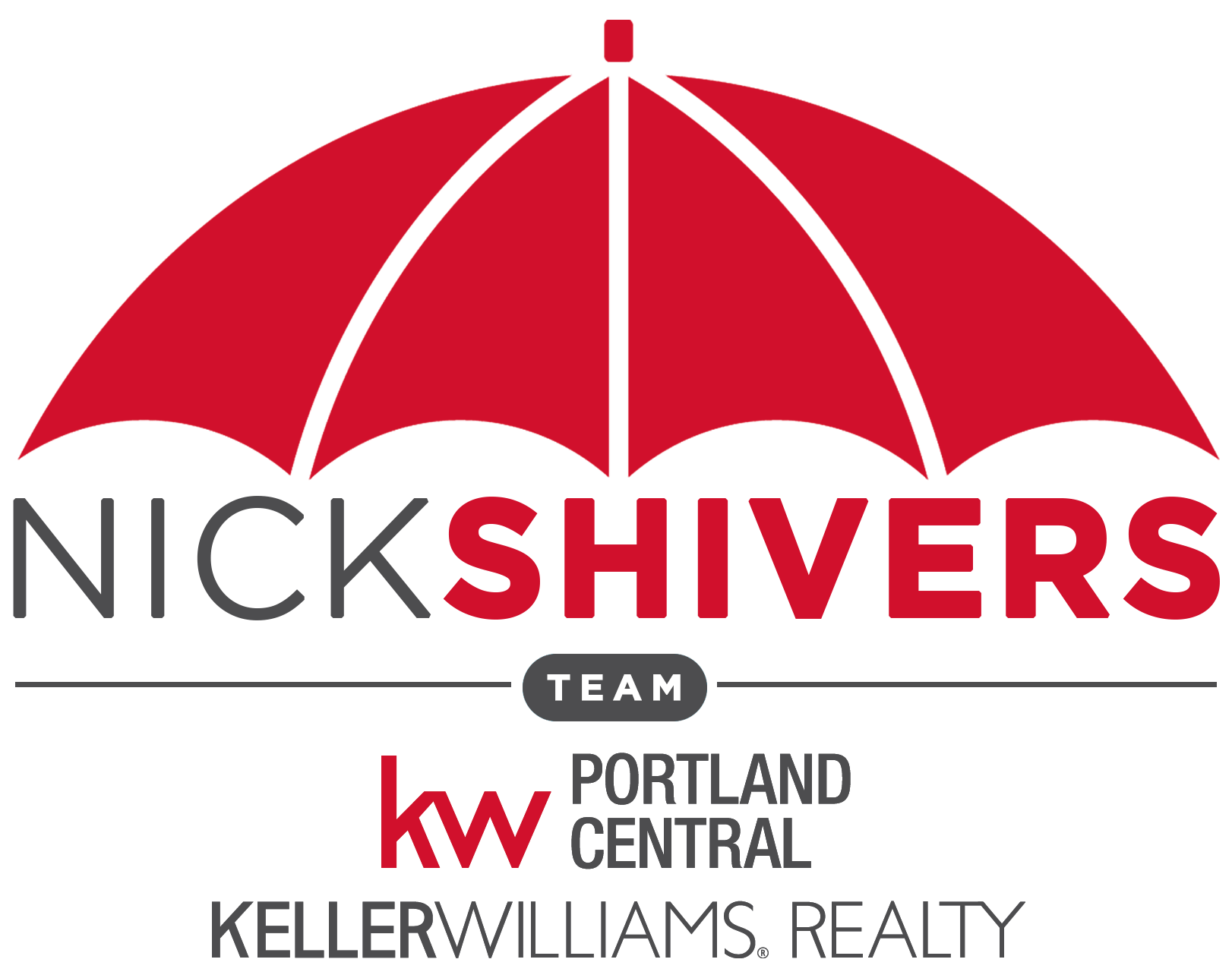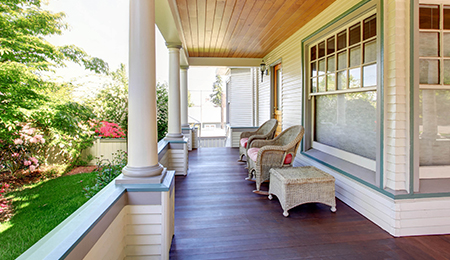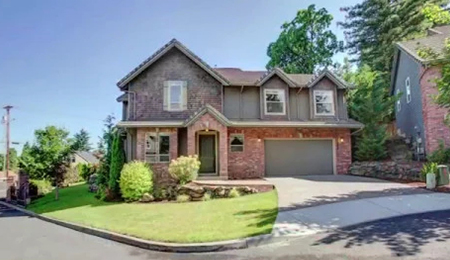Though we are in the midst of a recession, a housing crash isn’t on the horizon.
The National Bureau of Economic Research recently stated that the country is in a recession.
What does this mean? Essentially, our economic output has declined from its peak rate of employment and production. COVID-19 basically shut everything down, but in my opinion, this doesn’t indicate an impending housing crash à la 2008.
“Though we are in a recession, we’re nowhere near a housing crash.”
I say this because the data doesn’t support this notion. Down the road, we could see some issues, but let’s look at the facts and separate the four key differences between 2008 and now:
1. Equity. Today, roughly 70% of all American households have at least 50% equity. 2. Supply and demand. Nationwide, supply is about two million homes short of our current demand. In 2008, we had a housing surplus. 3. Lending. Lending requirements are significantly different now than they were in 2008. Also, appreciation is still ongoing in most areas, but at a healthier, single-digit rate. 4. Interest rates. In 2008 interest rates averaged around 6%, but now they’re down to 3%. In other words, affordability is higher.
What about the Portland Metro market? Since March 12, the number of active listings has dropped 22% compared to 2019. The number of pending sales, however, has outpaced 2019’s pending sales. As with the nation at large, this indicates a lack of supply and a strong desire from buyers to still buy homes. Also, the luxury price point ($1 million+) has been hit pretty hard lately, but since the beginning of June, we’ve seen one more sale in this range than we did last year.
Across the board, the market is healthy, due primarily to our low interest rates. Though we are in a recession, we’re nowhere near a housing crash.
As always, if you have questions about our market or are thinking of buying or selling a home soon, don’t hesitate to reach out to me. I’m happy to help.




